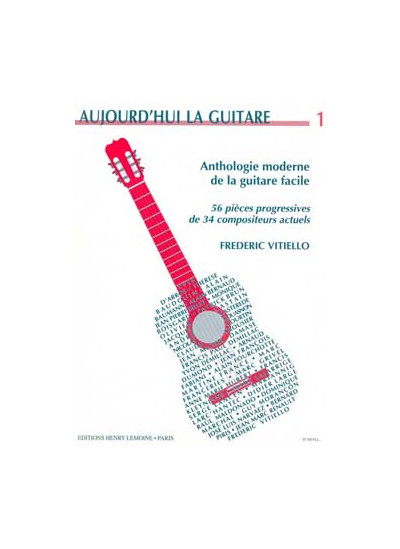
En écoutant tomber la pluie - Simple valse
Guitar
The composer Jacques Castérède was born in 1926 in Paris, where he attended the Lycée Buffon. In 1944 he enrolled at the Paris Conservatoire, where his teachers included Tony Aubin and Olivier Messiaen. Between 1948 and 1950, Castérède went on to win first prizes in piano, chamber music, harmony, composition and musical analysis.
Then in 1953 he was awarded the prestigious first prize in the Prix de Rome competition, thus enabling him to take up a residency from 1954 to 1958 in the Medici Villa in Rome.
In 1960 he was appointed to provide music training to singers at the Paris Conservatoire, where he subsequently took posts as director of studies and in 1971 as a teacher of advanced musical analysis. In 1988 he was further appointed to teach composition there, a subject he had also taught at the École Normale de Musique in Paris from 1983 to 1988.
His compositions include stage works (But, a ballet first performed at the Paris Opera House in 1963) and open-air works (Jusqu'à mon dernier souffle..., a work commissioned for the centenary of the Statue of Liberty in New York), as well as symphonic works such as the Liturgies de la vie et de la mort and the Cantique de la Création among others, and numerous chamber music works (including the Pro tempore passionis quartet and Sonata for cello and piano).
In 1988, he took part in a teaching mission in China, at the Central Conservatoire in Beijing, where he taught composition and gave a series of lectures on contemporary French music. This mission was repeated ten years later in 1998.
He has been awarded numerous prizes for the majority of his music, including, in 1991, the Grand Prix Musical de la Ville de Paris and the Prix de la Nouvelle Académie du Disque, followed in 1995 by the Grand Prix du Disque de l'Académie Charles Cros.
The composer Jacques Castérède was born in 1926 in Paris, where he attended the Lycée Buffon. In 1944 he enrolled at the Paris Conservatoire, where his teachers included Tony Aubin and Olivier Messiaen. Between 1948 and 1950, Castérède went on to win first prizes in piano, chamber music, harmony, composition and musical analysis.
Then in 1953 he was awarded the prestigious first prize in the Prix de Rome competition, thus enabling him to take up a residency from 1954 to 1958 in the...